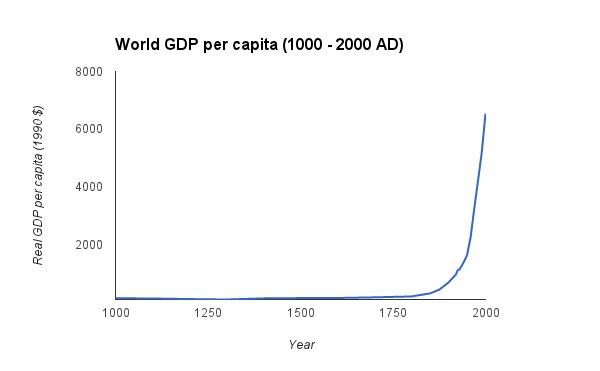Thread
TIL there's a new(ish) book called Against Entrepreneurship. It's one of those academic books that no one can afford. But from the chapter abstracts I can already tell that it's riddled with errors of economic theory. 🧵
link.springer.com/chapter/10.1007/978-3-030-47937-4_1
link.springer.com/chapter/10.1007/978-3-030-47937-4_1
The first chapter is an introduction to the topic. The author uses the case of online gambling to question the premise of whether all entrepreneurship is actually good. This is a category mistake. The right question is: why do people want to gamble?
Economic and entrepreneurship theory have nothing to say on that matter. It only says, because people want to gamble, the unmet demand is an opportunity for some entrepreneur. Why does the entrepreneur get the blame here?
The third chapter argues that entrepreneurship is the engine of a "colonizing war machine." This is a nonsense take that understands nothing of markets.
If two people agree to a mutually beneficial exchange, which of the two is the colonizer here?
If two people agree to a mutually beneficial exchange, which of the two is the colonizer here?
The author appears to be unaware of the consumer sovereignty principle in entrepreneurship theory: It is consumers who decide the winners and losers of entrepreneurship. There is no domineering or colonization. Only consumers revealing their subjective value preferences.
Another chapter describes entrepreneurship as a "weapon for capitalism" to save face for its injustices. I always cringe when people (even scholars!) reference 'capitalism' as some real, objective thing or entity.
It's not. It's an abstract reference to people voluntarily exchanging their productive outputs for mutual gain. To the extent that there is any coordinated market effort, it is inevitably a government that has undermined the market system to coordinate a political outcome.
The aim of the chapter is to show that entrepreneurship is "used" (what does this mean?) by capitalists to solve social problems. Their point is that it undermines state solutions, which they take to be a negative.
It seems, to their eyes, that entrepreneurs are softening the problems prior entrepreneurs caused in the first place. Perhaps. But there's no recognition of the VALUE that entrepreneurship has created and continues to create for humankind.
Another chapter argues that power and privilege asymmetries limit the opportunities some have. Sure. But the empirical evidence does not hold this relationship up as a strong one. Almost none of the most successful modern entrepreneurs came from high affluence.
A couple of the chapters worry about the inequalities that entrepreneurship can promote. This is something I've written on (w/ @PerBylund ).
onlinelibrary.wiley.com/doi/full/10.1002/sej.1270
onlinelibrary.wiley.com/doi/full/10.1002/sej.1270
The authors come to exactly the opposite conclusions we do. They say we should limit entrepreneurship because it causes inequality. We conclude that we must live with inequality because we can't/shouldn't live without entrepreneurship.
Another chapter claims that "startups neither considerably contribute to economic prosperity nor do they usually make people rich." The first claim is 100% false and the latter is a complete strawman.
Who are the proponents of this "entrepreneurial ideology" that claim that most entrepreneurs get rich?
What empirical studies *actually* show is that "getting rich" is one of the least cited reasons entrepreneurs give for starting a business.
What empirical studies *actually* show is that "getting rich" is one of the least cited reasons entrepreneurs give for starting a business.
Another chapter argues that we should oppose entrepreneurial creative destruction because "homeliness and familiarity [are] important workplace characteristics." This is a nutty defense of protectionism--people like to be comfortable, so let's shut down the engine of growth.
As global entrepreneurs continue to eradicate poverty, it bothers me that some people think their comfortable jobs are more valuable than the growth and innovation that makes the world better off.
